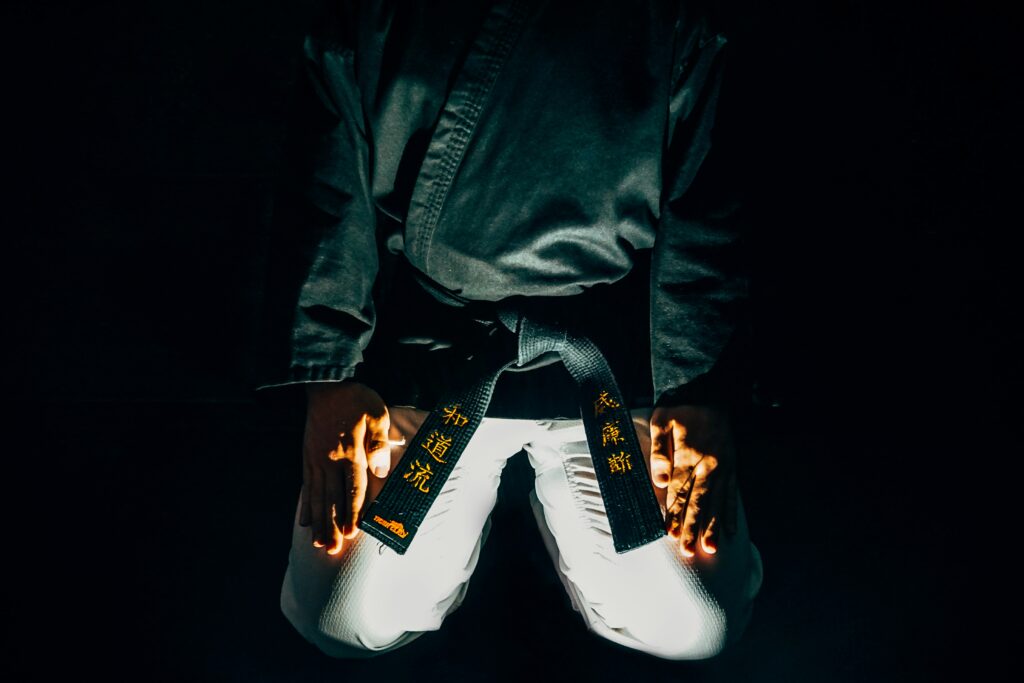Bushido is a moral code formalized in the Edo Period (1603 – 1868) that emphasized unwavering commitment to a set of values such as loyalty, justice and honesty. While samurai no longer exist, the ideals of bushido still permeate Japanese culture today.

For instance, the work ethic in Japan is deeply influenced by bushido. During my time as a lifeguard, I noticed how my teenage co-workers who were usually carefree, transformed into focused and diligent workers once the shift began.
To witness bushido firsthand, observe everyday interactions around you. Notice how workers at convenience stores speak respectfully to their superiors or how cleaning staff meticulously attend to every corner. This dedication to work is another modern reflection of bushido.
For a more immersive experience, try taking some lessons in martial arts like Karate or Judo. These practices implement bushido’s emphasis on discipline, respect and moral character training not only the physical, but also, the mental and spiritual dimensions.
For a deeper and highly nuanced literary understanding of bushido, I recommend reading “The Sailor Who Fell from Grace with the Sea” by Yukio Mishima. Although a controversial author for his extremist views, Mishima’s works are still considered some of the most influential of the 20th century. I must admit I did not fully understand the intricacies of the novel until my second or third read, but if you pay close attention to the character Noboru, you will see how his actions embody the complexities of bushido.
